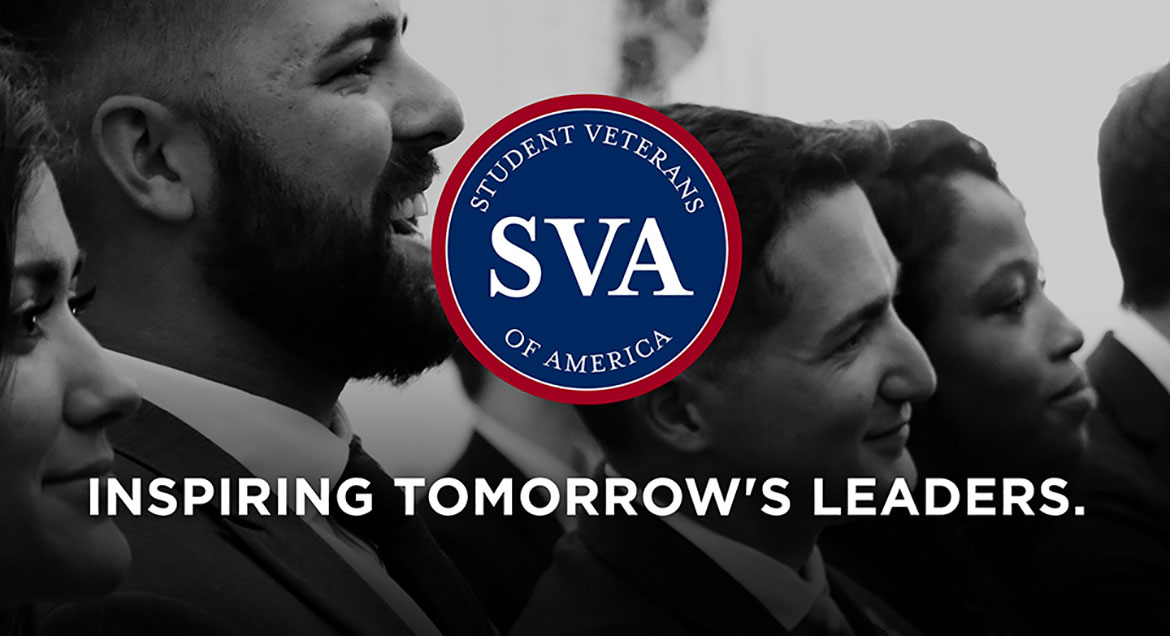Job Information
Michigan State University(MSU) Assistant Professor-Tenure System in East Lansing, Michigan
Position Summary
The Department of Food Science and Human Nutrition (FSHN) in the College of Agriculture and Natural Resources (CANR) at Michigan State University invites applications for a full-time, 9-month tenure track Assistant Professor to conduct research and teaching in the general area of food microbiology. The anticipated assignment would be 60% research, 30% teaching, and 10% service. The anticipated start date for this position is July 1, 2024.
We seek a creative scholar who will develop an internationally recognized research program on food microbiology with a strong focus on microbiomes/metagenomics of foods and data science. Research focus areas could include microbial ecology in food production systems, food fermentations and food waste transformation by microbial processes, food safety intervention technologies, data systems for food safety, and risk assessment of human pathogens of foods. Work in these areas will ultimately contribute to processes aimed at improving food safety, quality, and human health.
Microbiology is important to all aspects of food safety and security from farm to fork. Food microbiologists are essential contributors to multi-disciplinary teams studying the role of microbes in food technology, food safety and hygiene, food genomics, functional foods, and probiotics. Omics (such as genomics, transcriptomics, proteomics, and metabolomics) generates data that can extend the range of information from a single system and increase detection, tracking and adaptation of foodborne microbes in processing environments. As omics technologies have improved, there is a movement to go beyond understanding individual microbes and focus on the microbial communities associated with foods and food production environments. Determining behavior of microbes (beneficial and harmful) as a community throughout different food production chains will be the next big task in improving the safety and quality of the food supply. As the food industry and regulatory agencies are collecting significant amounts of microbial omics data, new solutions are needed to leverage these datasets for improving microbial safety of the food supply. Characterizing the microbial ecosystem during food fermentations has the potential to improve food quality and provide new insights into favorable microbes that promote human health.
The successful candidate is expected to build research collaborations, as appropriate, with colleagues within the FSHN department, other CANR units (e.g. Biosystems Engineering, Animal Science, etc.) and other MSU departments (e.g. Microbiology and Molecular Genetics). The successful candidate will be expected to generate support for their research program through federal, state, and industry grants and partnerships. This successful candidate will be expected to contribute to the teaching mission of the FSHN department by developing and teaching courses at the undergraduate and graduate level, as well as advising graduate students in the department.
Equal Employment Opportunity Statement
All qualified applicants will receive consideration for employment without regard to race, color, religion, sex, sexual orientation, gender identity, national origin, citizenship, age, disability or protected veteran status.
Required Degree
Doctorate -Food Science, Microbiology, or a closely
Minimum Requirements
An earned Ph.D. in Food Science, Microbiology, or a closely related field). A demonstrated record of research experience in food microbiology with a strong focus on microbiomes/metagenomics of foods and data science. Applicants should have a clear record of scholarly activities in their field as demonstrated by peer-reviewed publications. Applicants should have demonstrated capability to contribute to the teaching mission of the FSHN department.
Desired Qualifications
Demonstrated excellence in research and

